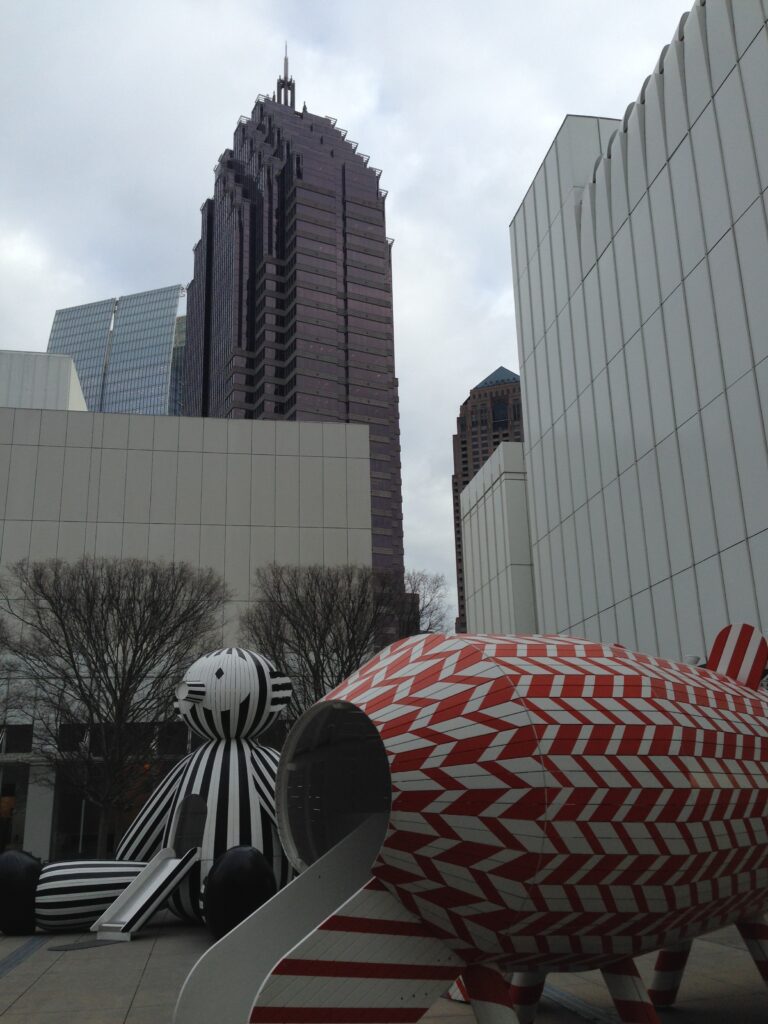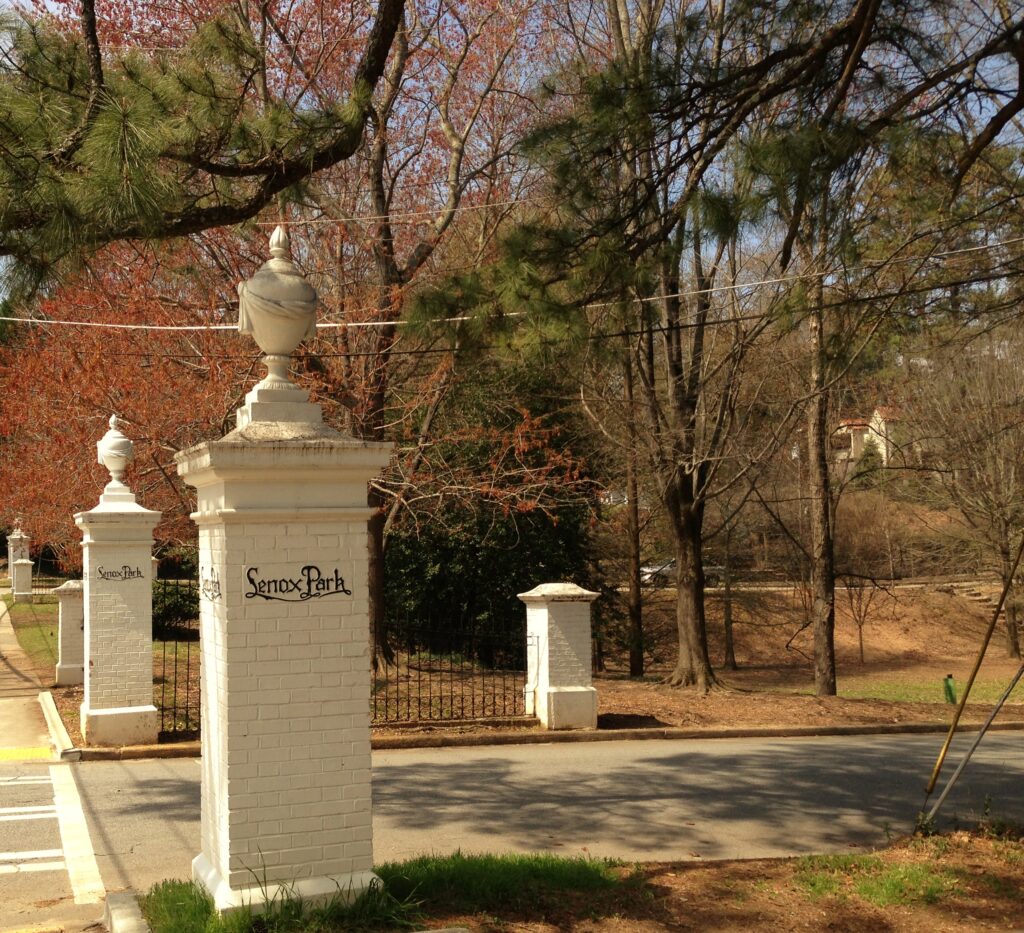
This week our nation honors Congressman John Lewis, who died on July 17 at the age of eighty. I’m fortunate to have grown up hearing Lewis’s distinctive voice. I remember him as an Atlanta City Councilman. My childhood home is in Georgia’s 5th district, which he represented in Congress for over thirty years. His eventful life, by accounts, was truly purpose-driven. Born to former sharecroppers who saved enough to buy their own small farm in Troy, Alabama, he was the third of ten children. A serious, thoughtful boy who thrived on learning, he began his public speaking career in early childhood, preaching to the chickens. He loved books, when he could get them. The county public library was off limits to people of color. He attended local segregated schools. Higher education seemed hopelessly out of reach until he learned about American Baptist Theological Seminary in Nashville. The Seminary offered free tuition, in exchange for campus work, to black students planning to become ministers. After graduating from the Seminary, Lewis enrolled in Fisk College to pursue a degree in religion and philosophy. Although ordained as a Baptist minister, he had begun to feel a powerful call toward a path of activism in civil rights. Throughout his life, he preached his strong faith with actions as well as words. The chickens’ loss was a gain for Americans and people all over the globe.
Lewis was among the young black men, neatly dressed in suits and ties, who dared to enter all-white Nashville diners and sit at lunch counters politely requesting to be served. Freedom Rides on buses throughout the South followed. As the Chairman of the Nonviolent Student Coordinating Committee (SNCC), he became a leader of the student civil rights movement. Before long, Lewis was working closely with nationally known Black leaders, including Martin Luther King, Jr. At twenty-three, he was the youngest speaker at the Lincoln Memorial during the 1963 March on Washington for Jobs and Freedom, where King delivered his “I have a dream” speech.
Lewis’ s unswerving commitment to nonviolent activism got him repeatedly arrested and often beaten, a few times nearly killed. Ironic, isn’t it, that peaceful protest, which requires vast stores of self-discipline, tends to ignite such frenzied brutality in those challenged by it? On March 7, 1965, Lewis and Hosea Williams led a group of six hundred, in what was intended to be a fifty-mile march from Selma, Alabama to the capitol in Montgomery in a demand for voting reform. The Civil Rights Act, which President Johnson had signed into law in 1964, addressed some forms of discrimination but did not touch on unfair voting practices. Throughout much of the Deep South, poll taxes and spurious “literacy tests” were used to suppress the black vote. The efforts of Lewis and the SNCC to register blacks to vote in Alabama was sparking increasing hostility from law enforcement and white segregationists. At the crest of the Edmund Pettus Bridge in Selma, on what came to be known as Bloody Sunday, Lewis and Williams saw a fearsome human barricade of state troopers and police awaiting them. It’s notable that the name of the bridge, so prominently displayed, honors a Confederate General and former Grand Dragon of the Alabama Ku Klux Klan. The marchers continued to approach, quietly and orderly in a long narrow column, until they were about fifty feet away. Law enforcement warned them to turn back and disperse. The group, with Lewis and Williams still at the front, stood their ground. Williams asked to “have a word,” but the police were finished talking. After a few minutes, the officers put on their gas masks and advanced toward the protestors, pushing them back. The group resisted the urge to defend themselves. Many were knocked to the ground, beaten with clubs and sprayed with tear gas. Lewis’s skull was cracked by a policeman’s billy club.
Nonviolent protest served its purpose that day. Most Americans reacted with shock and anger when the images of police attacking unarmed marchers quickly appeared on televisions and in newspapers. Public demand for serious voting reform gained ground. The Voting Rights Act was signed into law just a few months later.
Today, at our nation’s capitol, the public is paying final respects to John Lewis. On Saturday, July 25, his flag-draped coffin, born by a horse-drawn caisson, crossed the Edmund Pettus Bridge for the last time. For many years, there has been talk of renaming the bridge for Lewis, a son of Alabama whose determination to “get in good trouble, necessary trouble, and redeem the soul of America” yielded fruit on Bloody Sunday and throughout the span of his eight decades on earth.
It’s appropriate that Lewis’s final public appearance was a visit to the newly created Black Lives Matter Plaza near Lafayette Square in Washington DC. He was weak from a chemo treatment the day before, but he wanted to see the site of peaceful protests that were sowing the seeds of change. 2020, for all its misery and misfortune, could well be a pivotal juncture in race relations in America. If we take to heart the wise words and courageous actions of the man who came to be known as the “Conscious of the Congress,” perhaps it can indeed be so.

I’ll end with some of Lewis’s own words. As a young man in his 1963 speech at the March on Washington, he urged our nation toward transformation:
Our minds, souls and hearts cannot rest until freedom and justice exist for all people. . .
We must say: Wake up America, wake up!

Throughout his life, Lewis was persistent, and his message consistent. In a commencement speech at Emory University in Atlanta in 2014, the seventy-six year old offered this advice:
We all live in the same house. It doesn’t matter whether we are black or white, Latino, Asian American, straight or gay. We are one people, one family. We all live in the same house. So be bold, be courageous. Stand up! Speak up! Speak out! And find a way to create the beloved community. The beloved world. The world of peace. The world that recognizes the dignity of all human kind. Never become bitter. Never become hostile. Never hate. Live in peace. We are one. One people and one love.

May we honor John Lewis in the most honorable way possible, by following his example. By working toward the good of all Americans. This means avoiding violence. In Lewis’s words, again: When someone calls you everything but a child of God, you keep your cool. You stand with dignity, or you kneel with dignity. It means truly listening to one another. It may mean rethinking long-held convictions and taking actions that we never expected to take. As Lewis has said, When you see something that is not right, not fair, not just, you have a moral obligation to do something, to not be quiet.
Remember that we’re not starting from scratch. We’re building on Lewis’s legacy, a strong foundation of love, peace and hope.


Beautiful…
Thank you, Libby! We were lucky to have Lewis as our rep in Congress.